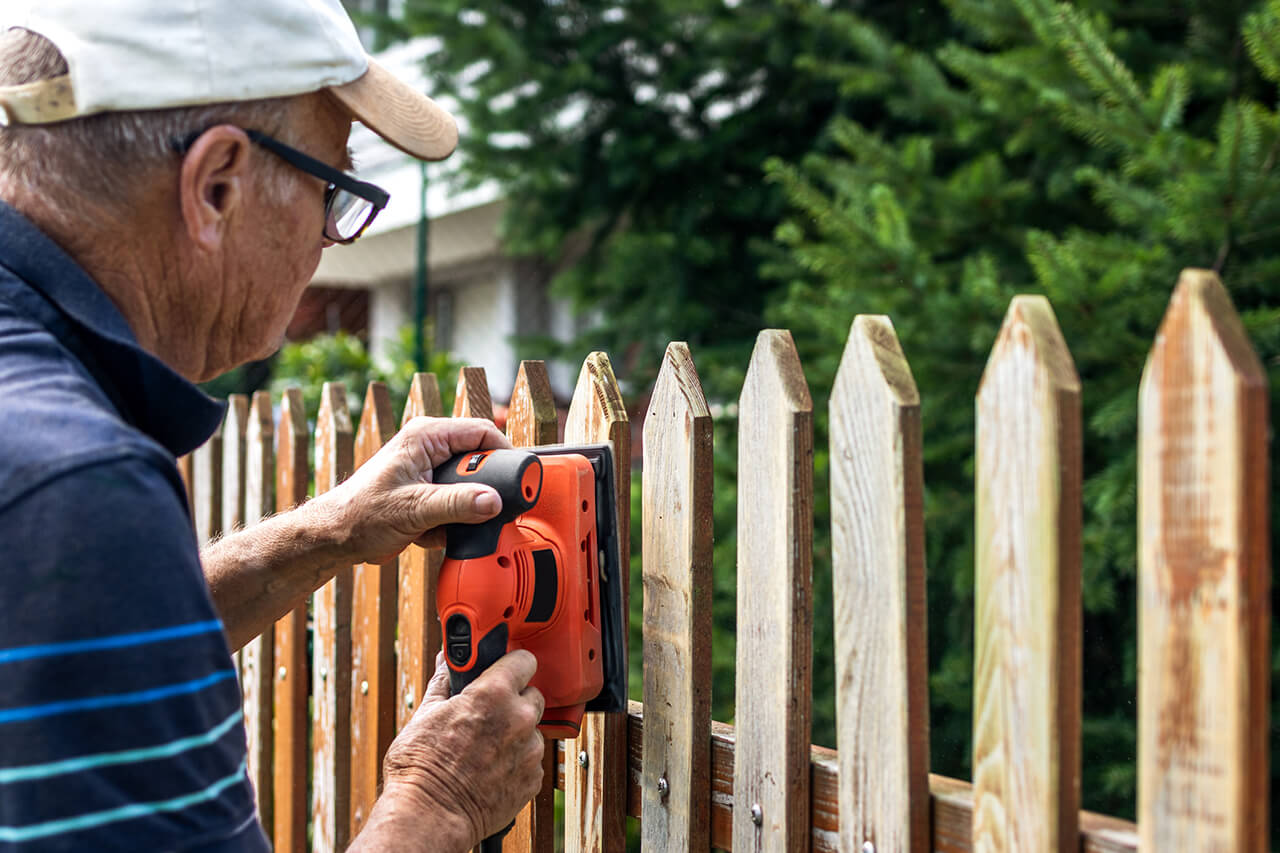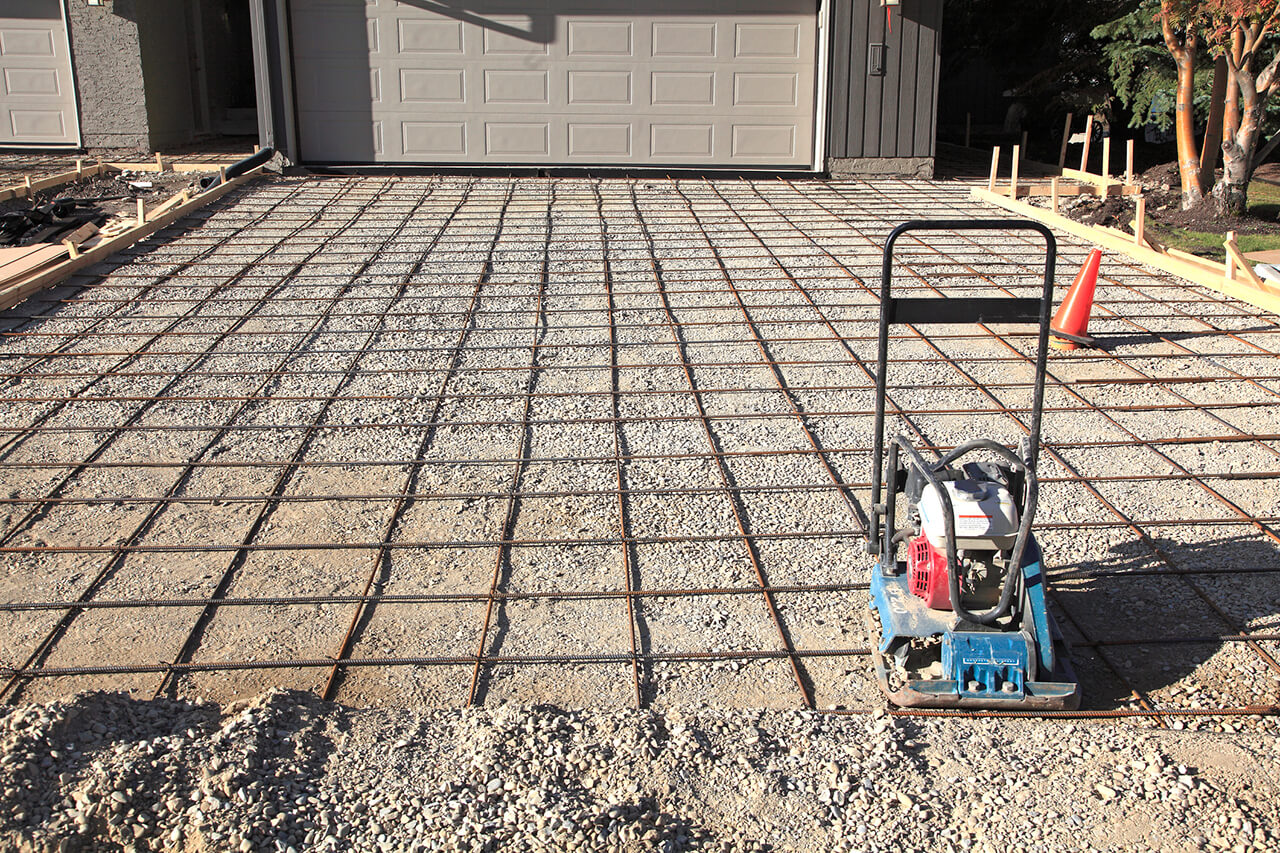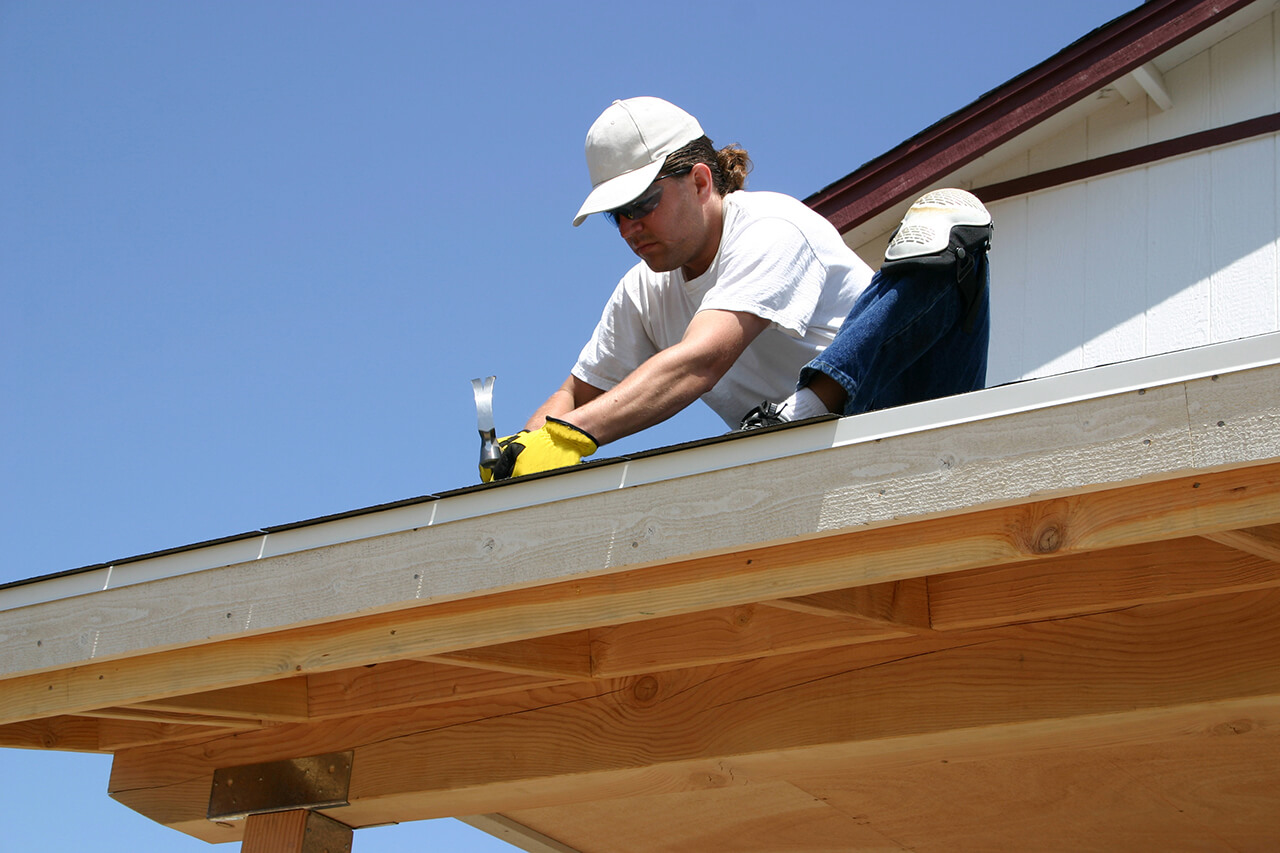How Much Does an Electrician Cost in 2025?
Hiring an electrician costs an average of $348


The average cost of hiring an electrician is $348, with most homeowners spending between $163 and $536.
Electricians charge between $50 and $130 per hour, plus costs for parts and call-out fees.
Your project's cost depends on the electrician's experience level, license type, job complexity, and your location.
Hiring a professional ensures your electrical system is safe, prevents potential damage, and can save you money on energy bills.
This article was updated using automation technology and thoroughly reviewed for accuracy by HomeAdvisor Editor Ryan Noonan.
Hiring an electrician costs between $163 and $536 on average, with most projects costing $348. The final price depends on factors like the complexity of the job, the electrician's experience level, license type, and your location. Investing in professional electrical services ensures safety and compliance with local regulations and can prevent more costly issues down the line.
Electrician Cost Factors
Several factors influence an electrician's hourly rate, including your location, whether it's an emergency, and when you need your service.
Hourly Rates and Minimum Fees
Electricians charge between $50 and $130 per hour, plus a service call fee of $100 to $200 for the first hour. Consultations and inspections are both considered service calls and priced similarly. Estimates to fix already identified issues are usually free. Some electricians might also bill you an hourly minimum (e.g., two to four hours), even if they complete the job in less time.
Because electricians may charge a minimum fee for a visit, it's wise to compile a list of all the tasks you need completed before calling a pro. Take a quick walk-through of your home and note everything that needs attention. This approach saves time and money by minimizing the number of visits and call-out fees.
State and Location
Electrician rates vary by location due to factors like competition, regulations, taxes, and overhead costs. In large cities like New York, Los Angeles, or Denver, you can expect higher hourly rates, often around $100, because of the higher cost of living. Getting quotes from licensed electricians in your area is the best way to determine actual costs.
Urgent or Emergency Repairs and Time of Service
Urgency and timing can affect labor costs. For emergency repairs or work during evenings, weekends, or holidays, you may pay anywhere from time-and-a-half to double the regular hourly rate, plus a trip charge of $100 or more. To get a fair price, compare quotes from multiple electricians in your area and wait to schedule your job during normal business hours unless it’s an emergency situation.
Experience Level
Electricians are classified into three levels: apprentice, journeyperson, and licensed master. As they gain more knowledge and experience, their rates increase accordingly. The specific requirements for each level vary by state, but more experienced electricians can generally handle more complex jobs.
| Experience Level | Average Hourly Rate |
|---|---|
| Apprentice | $40–$60 |
| Journeyperson | $60–$90 |
| Master | $90–$120 |
Electrician Costs per Task
The type of electrical task you need completed will impact how much you pay your electrician. Here is the breakdown of common electrical services and their average cost ranges.
| Electrical Task | Average Cost Range |
|---|---|
| Electrical panel upgrade | $1,200–$2,000 |
| Whole house generator installation | $1,540–$8,740 |
| Outlet installation | $200–$300 |
| Light switch installation | $85–$200 |
| Wiring a house | $1,500–$10,000 |
| Light fixture installation | $155–$955 |
| Replacing a breaker panel | $520–$2,120 |
| Attic fan installation | $370–$915 |
| Ceiling fan installation | $140–$350 |
| Smart home installation | $200–$1,660 |
| Inspection | $100–$125 |
Electrical Panel Upgrades
Upgrading an electrical panel costs $1,200 to $2,000. Prices vary depending on the extent of the upgrade (200 amp to 400 amp, for example) and the wiring length needed.
Generator Services
Installing a whole-house generator costs $1,540 to $1,870. Generators have many benefits, including providing power in the event of extended power outages. They can also be a great investment if you’re living off-grid or operating a recreational vehicle.
Outlet and Switch/Socket Installation
While a single outlet or receptacle costs just a few dollars, the minimum service call fee increases the total cost. Installing outlets costs $200 to $300, and light switches cost $85 to $200. To get more value, it's wise to combine these simple repairs with other electrical work.
Wiring a House
Updating the electrical wiring in your house costs $1,500 to $10,000 on average. The costs may be higher or lower, depending on how accessible the wiring routes are.
If the area for new wiring is easily accessible, such as during a remodel when the walls are open, electrical wiring installation costs can be lower, at an average of $3 to $5 per square foot. This price includes all materials and labor, such as installing a new panel, wires, outlets, switches, drywall finishing, and other tasks.
Light Fixture Cost
The cost of installing a light fixture varies depending on the type. On average, expect to pay anywhere between $155 and $955. However, installation charges can go higher for complex fixtures like chandeliers.
Electrical Breaker
Replacing an electrical breaker will cost between $520 and $2,120.
Attic and Ceiling Fans
The average cost of installing an attic fan is between $370 and $915. Attic fans reduce heat buildup by expelling hot air and replacing it with cool air from the outside. This can reduce the work your air conditioner has to do, particularly during the summer, and cut down your energy bill.
The cost of installing a ceiling fan is slightly lower, between $140 and $350, including labor and the unit. Ceiling fans help circulate air inside the home, creating a wind-chill effect that keeps you and your fellow occupants cooler.
Smart Home Device Installation
Installing a smart home system costs between $200 and $1,660, depending on the type and price of the device.
Low-voltage smart home devices don't need a licensed electrician to install and can therefore cost less. To be safe, consult a pro to find out if your smart home fixtures need a licensed pro and, if so, which type.
Electrical Inspection
An electrical inspection costs an average of $100 to $125. Inspections can be of various types. For example, an inspection where the electrician inspects your home, wiring, electrical panel, circuit breakers, and other components to diagnose a problem or make sure everything is working correctly is treated as a service call.
If you have an inspection appointment, make sure not to miss it. If you fail to notify the electrician, you'll be unavailable at the scheduled time, and you'll likely be charged a no-show/no-call fee (often the first hour of work) to cover travel expenses.
Budgeting for Electrical Work
Electrical work can be costly, but these tips can help you save:
Identify simple issues yourself: Before calling an electrician, check for simple problems like a tripped circuit breaker. If you're unsure or uncomfortable, it's safer to call a professional.
Get multiple quotes: Compare prices from several electricians to find the best deal. You might use competing quotes to negotiate a lower rate with your preferred pro.
Schedule during regular hours: Book appointments during normal business hours to avoid higher rates for holidays, weekends, or evenings.
Request a fixed quote: Ask for a fixed price for the entire project instead of an hourly rate to prevent unexpected costs if the job takes longer than expected.
Hiring the Right Electrical Contractor
Most electrical work requires professional expertise. Incorrectly completed work can lead to electrical shocks or fires. If you're unsure about a project, it's best to hire a professional electrician.
When hiring an electrician, don't base your decision solely on price. An unrealistically low quote might mean hidden fees or subpar work that doesn't meet code, costing you more in the long run. By taking these steps, you can confidently hire the right electrician for your project:
Verify licensing and references: Ensure they are licensed and have solid references.
Assess comfort level: Meet them in person to ensure you feel at ease welcoming them into your home.
Get it in writing: Make sure all expectations, terms, and conditions are clearly outlined in a written agreement.
Confirm insurance coverage: Verify their insurance and understand their liability for potential property damage.
Following these guidelines will help you make the best decision for your needs.
How HomeAdvisor Gets Its Cost Data
No place is more important than your home, which is why HomeAdvisor connects homeowners with local pros to transform their houses into homes they love. To help homeowners prepare for their next project, HomeAdvisor provides readers with accurate cost data and follows strict editorial guidelines. After a project is complete, we survey real customers about the costs to develop the pricing data you see, so you can make the best decisions for you and your home. We pair this data with research from reputable sources, including the U.S. Bureau of Labor Statistics, academic journals, market studies, and interviews with industry experts—all to ensure our prices reflect real-world projects.
Frequently Asked Questions
Before hiring an electrician to work on a project in your home, verify their licensing, qualifications, and insurance. Check their official website, read customer reviews, and confirm their credentials with your local labor department. Ensure they hold liability insurance and have strong references. This thorough verification helps you receive reliable service and protects your home.
By bundling multiple electrical tasks, you can reduce overall costs by minimizing repeat service fees and consolidating labor charges into a single visit. By scheduling several repairs at once—like outlet replacements, light switch installations, and light fixture installations—you eliminate extra call-out costs and gain efficiency, securing better pricing without sacrificing quality.
Unless you're a licensed electrician, it's not safe to perform electrical work yourself. Handling electrical tasks without proper expertise poses serious risks like electric shock, fires, and structural damage. Professional electricians use specialized tools and follow strict codes to ensure the work is done safely and correctly, protecting your home and well-being.








